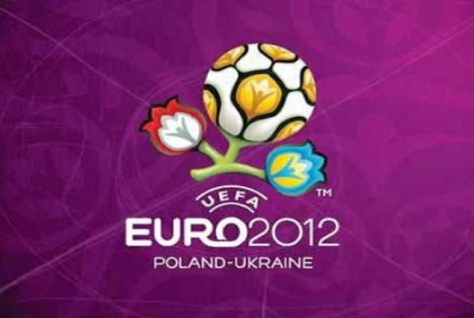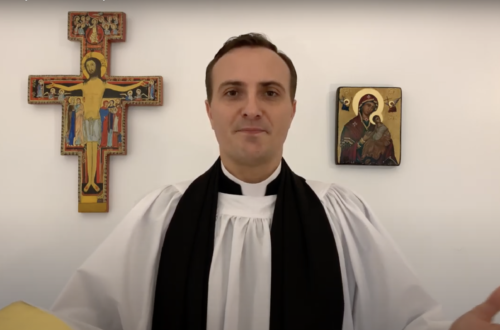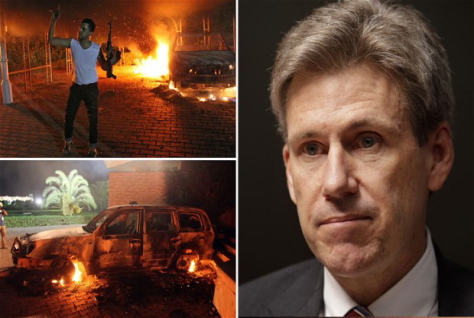As Poland kicked off its biggest ever football festival– the Euro2012, it’s worth taking a closer look at the state of its football and the population at large.
Many, by now, have called on the question of human rights abuses, homophobia, and racism in Poland and Ukraine. Many have been stunned by a homophobic attack on Svyatoslav Sheremet – a Ukrainian gay rights activist, or the violence that erupted during the Russia-Czech Rep. game in Wroclaw.
Some European governments – the UK, Germany and others – and even some of the EU officials – the President of the EU Commission, and the EU Commissioner for Justice – decided to boycott all the football events in Ukraine in a clear protest against Ukraine’s appalling record of human and civil rights violations, and their continuously outrageous mistreatment of Yulia Tymoshenko.
Prior to Euro2012 the BBC Panorama produced a very poignant, yet honest, documentary on, what they called the ‘Stadiums of Hate’. As it clearly did not please many Poles, it gave rise to some angry reactions in Poland. However, the overarching principle of this documentary still stands – Poland continues to have a problem with widespread antisemitism, racism and homophobia. All three phenomena need to be tackled more aggressively, should Poland want to finally find itself at the forefront of the Western European society, a place many Poles believe they rightly deserve.
Poland may indeed be the most represented European nation in the Yed Vashem garden, but it also is a nation whose cities continue to bear painful reminders of racism and antisemitism with emblems such as swastikas and the ‘white power’ crosses hurting the eyes of many visitors.
Unfortunately, as a Pole myself, I’ve got to admit that antisemitism, homophobia, and rasism continue to be present on Polish streets, in Polish homes, and in Polish politics. The examples of that are painfully plentiful. The Polish political scene continuous to see antisemitist remarks being used by some politician to discredit their counterparts (i.e. Unia Wolnosci – a centre-right wing party – was once accused of being run by the Jews).
I remember all too well from my childhood the painful presence of various racist remarks, such as ‘Jews to the gas’ and the like, painted on the walls of numerous Polish streets. No country that I know of has more jokes about the Jews and the Holocaust than Poland. And even the slightest attempt to uncover the historical truth about the Poles’ participation in the extermination of Jews during WWII, as was the case a few years ago with John Thomas Gross, who described the Kielce pogrom, are immediately met with accusations, at times produced even by the Polish prosecution service, of ‘insulting the Polish nation’.
But the actual truth is that Jews were not allowed to study at the Jagiellonian University in Krakow, long before the war, and the Convention on the Prevention and Prosecution of the Crime of Genocide was signed only by Boleslaw Bierut, a Stalinist President of Poland in 1948, rather than as originally lobbied for by Raphael Lemkin – a Polish Jew by the way – before WWII, for the Polish government of Janusz Jędrzejewicz in 1933 considered it more important to improve their relations with the Nazi Third Reich than signing the Genocide Convention.
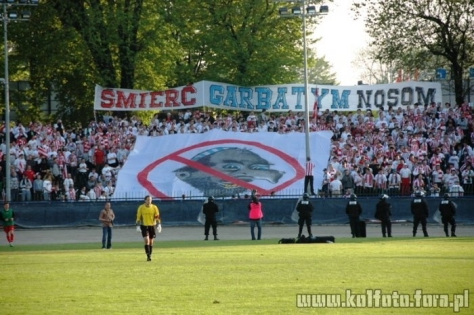 |
| ‘Death to the crooked noses’ (i.e. the Jews) |
Even the post-WWII Poland didn’t prove much of a home for its indigenous Jewry. Some of the evacuated from Auschwitz Polish Jews, so obviously overcome with pain and hatred for what had happened to them, were skilfully used by Poland’s internal security forces – the infamous ‘SB’ – as the most brutal interrogators and torturers. Finally, in 1968 almost the entire Jewish population of Poland was deprived of their homes, completely expropriated and forcefully repatriated to Israel, or the US.
Racist attacks on the non-whites are still an agonising reminder of how far Poland still has to go to overcome hatred, xenophobia and racism in its society. A few years ago a group of black men were brutally beaten in broad daylight in the very centre of Wroclaw – Poland’s 4th largest city. (For all the Polish-speakers, I recommend this account of similar hate crimes that occurred in Wroclaw.) Even during the time I spent living in Poland (till 2005), I remember many of my friends from Yemen and other Arab countries having been numerously beaten up or attacked by various youth gangs in Poznan.
This may indeed be a very personal account of the situation in Poland and many Poles will surely disagree with me, or even say there is nothing wrong with our opposition to, for instance, the normalisation of gay rights in Poland. But then I ask all of you to provide me with an answer to the following questions: (1) If the Polish football fans are not racist, how do you explain the texts, such as ‘Jewish whore’ or the signs of Nazi swastika and the ‘white power’ on Poland’s football matches? (2) How do you explain fans making monkey-like sounds on the stadiums, even during Poland’s local or national league matches?
Yes, I agree that the Polish football is not quite an adequate image of the society at large. Many of the fans are ordinary criminals. But unfortunately their racist behaviour, their anti-Semitic and homophobic gestures, or the texts they use, are not too foreign to the Polish day-to-day life. If the Polish people, and their local and national governments, care so much about political correctness and equality, then why don’t they make sure to remove all the swastikas and ‘white power’ marks, often accompanied by such Nazi remarks like ‘JUDE RAUS’ (out with the Jews), disappear from the Polish streets and neighborhoods? A lack of money? – a typical Polish excuse. Or, maybe, no one pays too much attention to them any more, as these signs become the ‘normal’ part of the local urban environment! What astounds me most is the explanation many give for their use of anti-Semitic rhetoric (again present in the documentary) – ‘It’s not the Jews that we’re against. We’re not anti-Semites. It’s simply a figure of speech used to voice disaproval, dislike or opposition’. Remarkable, don’t you think?!
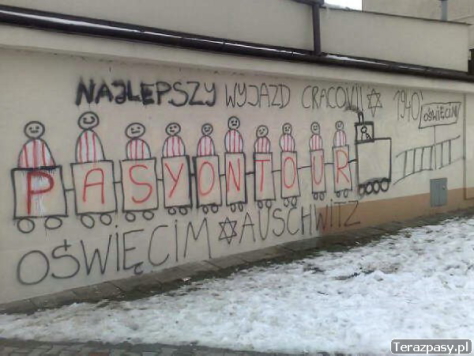 |
| ‘Payots (i.e sidelocks) on tour – Cracovia’s Best Trip, Aushwitz 1940’ |
Frankly, I’ve got to admit that in some way I hope the Euro2012 proves to be a bit of a embarrasement for many Poles. But this hope is in no way representative of me wishing Poland no success. On the contrary, I believe that a long-lasting societal change, which can be an effect of this embarassement, is much more important and beneficial than some football success. I hope that Euro2012 pushes race, anti-Semitism, xenophobia, or homophobia to the forefront of Polish national debate, as much in these spheres needs to be still improved.
Finally, one has to remember, however, that Poland has gone a long way by now in recognising its deficiencies and moving towards change. Last year saw the first ever gay (1), transsexual (1), and black (2) parliamentarians elected to its Sejm- a lower chamber of the Parliament. Gay clubs and cafes operate freely all around the country. LGBT people normally don’t face discrimination in the workplace, and cases of structural or legal discrimination against LGBT community are few. However, much more needs to be done to eradicate homophobia, racism, and antisemitism. Euro2012 can in some way be a wake-up call for many Poles, and that’s what I’m hoping for.


